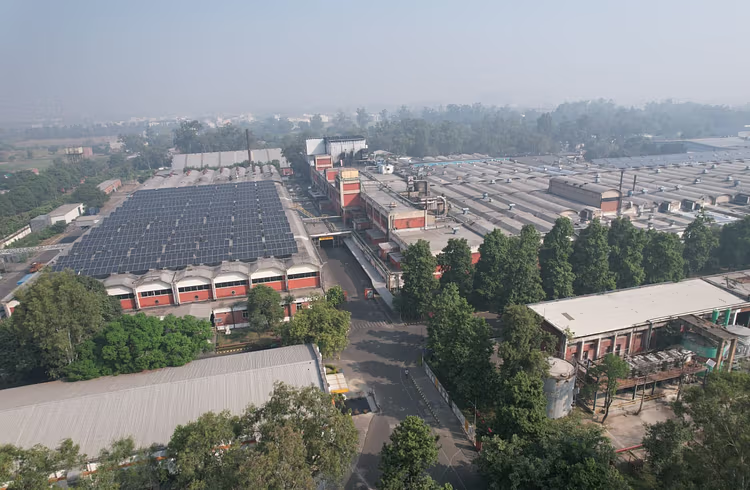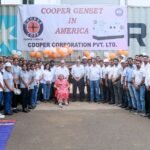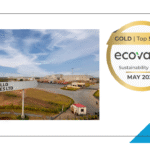Staff Writer
Meerut/Faridabad: In a significant strategic move, German tyre major Continental AG announced it will exit the truck and bus radial (TBR) tyre segment in India by June 2025, marking a realignment of its operations in the country toward the passenger car and light truck (PLT) tyre market.
The company will cease production of TBR tyres at its Modipuram plant in Meerut, Uttar Pradesh, and repurpose the facility to support PLT tyre manufacturing. The decision follows a comprehensive business review undertaken by the company to evaluate long-term viability and competitiveness in India’s evolving tyre market.
Strategic realignment amid market challenges
Continental cited “intense competition and high price sensitivity” in India’s TBR segment as key reasons behind the move. In a statement, the company said, “Sustaining long-term value with our premium product offerings in the TBR segment has become increasingly difficult due to ongoing price pressure and shrinking margins.” A company spokesperson added that the realignment is part of Continental’s broader strategy to strengthen its presence across the Asia-Pacific region by focusing on more profitable segments. “This transition allows us to concentrate our efforts on the growing demand in the premium PLT tyre space, which offers more stable margins and long-term growth potential,” the spokesperson said.
Impact on employees and plant operations
The Modipuram facility, which currently houses both TBR and PLT production lines, will continue operations exclusively for passenger car and light truck tyres after June 2025. However, the exit from TBR manufacturing will affect over 100 employees, whose roles are directly linked to the discontinued segment.
The company has pledged to support impacted employees through a structured and humane transition process. Continental will offer career counselling, job placement support within and outside the organisation, and a voluntary retirement and separation scheme. “Our foremost priority is to support affected employees with dignity and care,” said the spokesperson. “We are committed to ensuring a smooth transition through personalized support programs and long-term assistance.”
Asset management and sustainability measures
When questioned about the fate of the machinery and equipment used in TBR production, Continental confirmed that it follows a globally aligned process for such transitions. The company will evaluate all assets for redeployment to other international facilities, or resale/recycling in compliance with local environmental laws and global sustainability standards. “This is part of our commitment to responsible manufacturing and sustainability,” the spokesperson said.
Continental’s continued commitment to India
Despite its withdrawal from the commercial tyre segment, Continental reaffirmed that India remains a strategically important market. The company operates sales and distribution operations from Faridabad, manufacturing from Modipuram, and a technology and IT hub in Bengaluru, which was opened recently to support global operations. “We are not reducing our commitment to India—on the contrary, we are realigning to grow where we see the strongest opportunity,” said the company.
Focus on passenger vehicle market
Continental plans to expand its PLT manufacturing capabilities and introduce new product lines tailored for the Indian market. This includes investments in advanced manufacturing technologies and a stronger local product portfolio for both replacement and original equipment manufacturer (OEM) segments. “The passenger vehicle tyre segment offers a more predictable path to growth,” the spokesperson said. “With rising disposable incomes and increasing demand for premium tyres in India, we see clear opportunities to strengthen our market position.”
Global Outlook
Founded in 1871, Continental is among the world’s top premium tyre manufacturers, with global sales of €39.7 billion in 2024 and operations in 55 countries. Its tyre division alone recorded €13.9 billion in revenue last year and employs over 57,000 people across 20 production and 16 development sites worldwide.
The company’s product portfolio includes tyres for cars, trucks, buses, two-wheelers, and specialty vehicles, along with digital solutions for fleets and retailers.’








